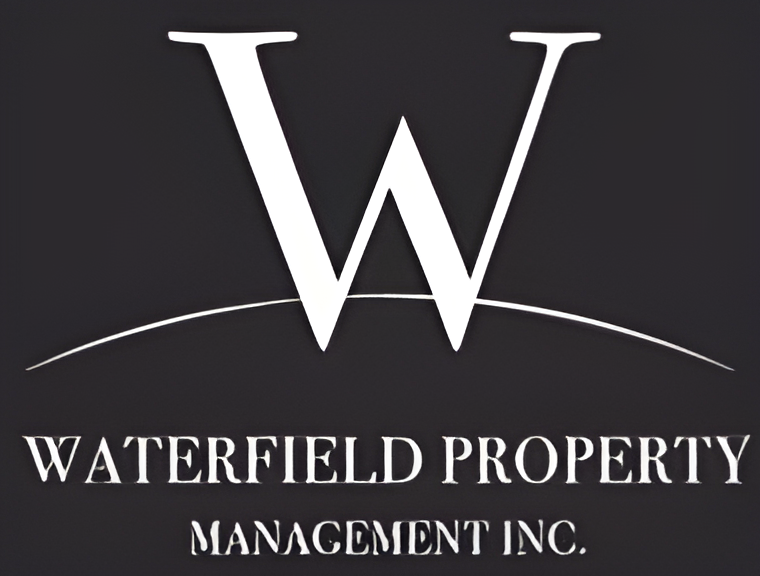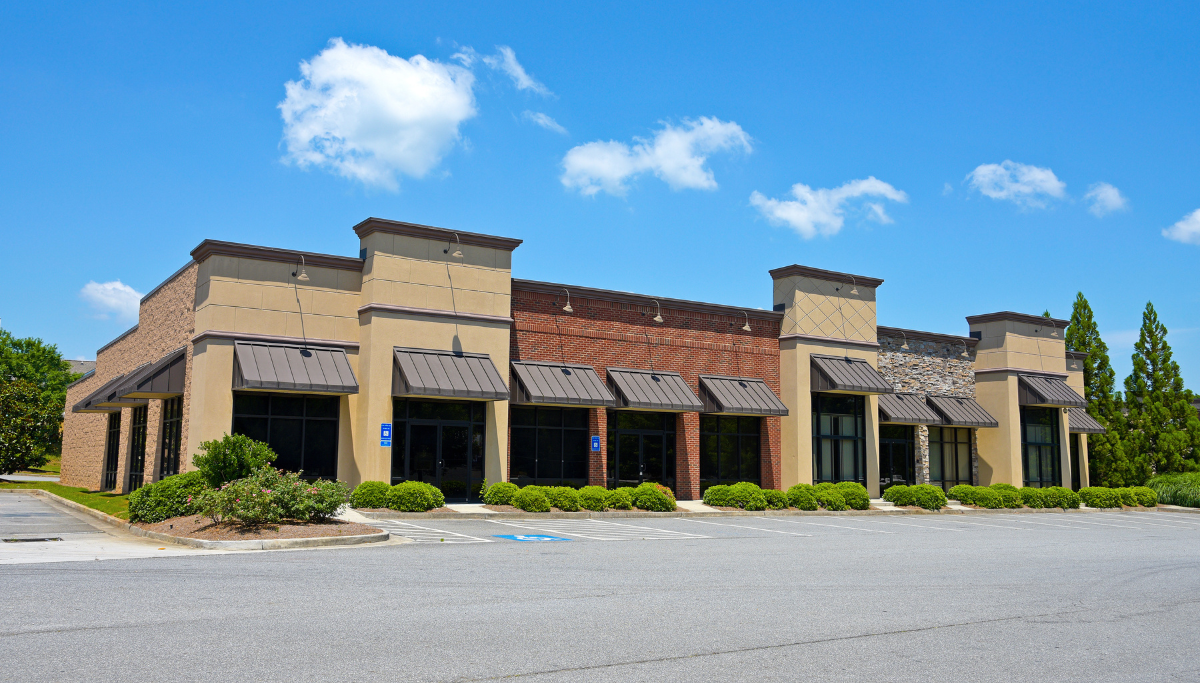Managing a commercial property involves a variety of issues, all of which can significantly impact the tenant’s business operations. Here are seven important building management issues for commercial tenants to consider:
- Communication: Building managers must communicate effectively with tenants, especially regarding any changes that might affect them, such as scheduled maintenance, renovations, or new policies.
- Safety and Security: Proper security measures such as functioning CCTV cameras, alarms, well-lit common areas, secure entrances and exits, and emergency evacuation plans are a must for any commercial space. Tenants need to feel safe in their work environment.
- Compliance with Regulations: Commercial properties must meet various local, provincial, and federal regulations, including those related to fire safety, disability access, and environmental impact. Tenants could face legal issues or penalties if these regulations are not complied with.
- Cleanliness: A clean and tidy building is important not only for the tenants but also for their customers. Regular cleaning and sanitization, especially in high-traffic areas, are crucial. Waste storage and disposal, as well as pest control are essential to building and property cleanliness.
- Maintenance and Repairs: Regular maintenance and prompt repairs are critical for commercial spaces. Whether it’s HVAC, electrical, plumbing, or structural issues, problems in these areas can disrupt the tenant’s business operations.
- Noise Management: Excessive noise from adjacent tenants or from construction can disrupt business operations and lower workplace productivity. Building management needs to manage and control noise levels within the property.
- Energy Efficiency: High energy costs can be a significant issue for tenants. The management should consider implementing energy-efficient systems and practices to help tenants lower their energy consumption.
This is not meant to be an exhaustive list and each commercial property and its tenants may have unique issues depending on their specific situation.



